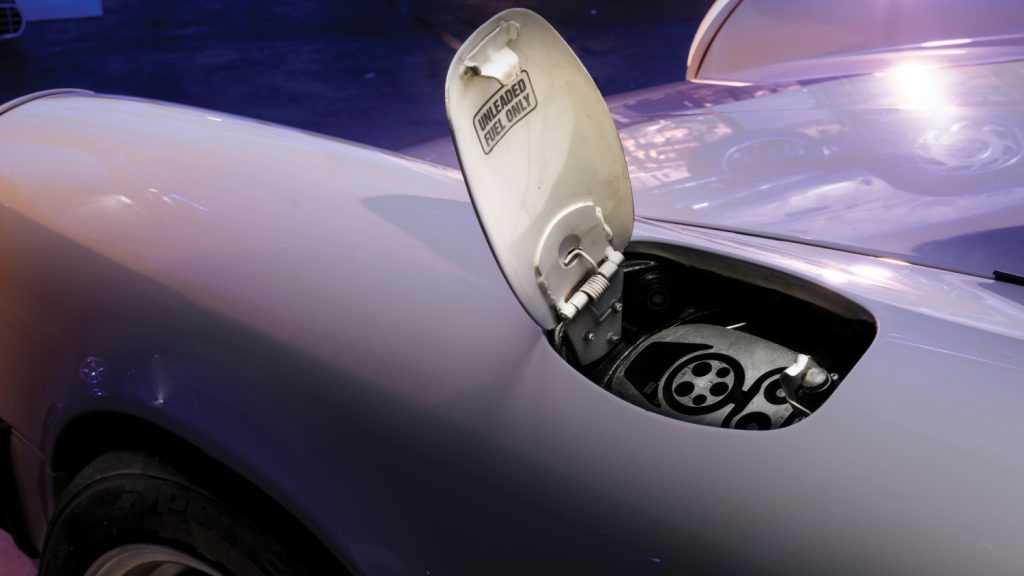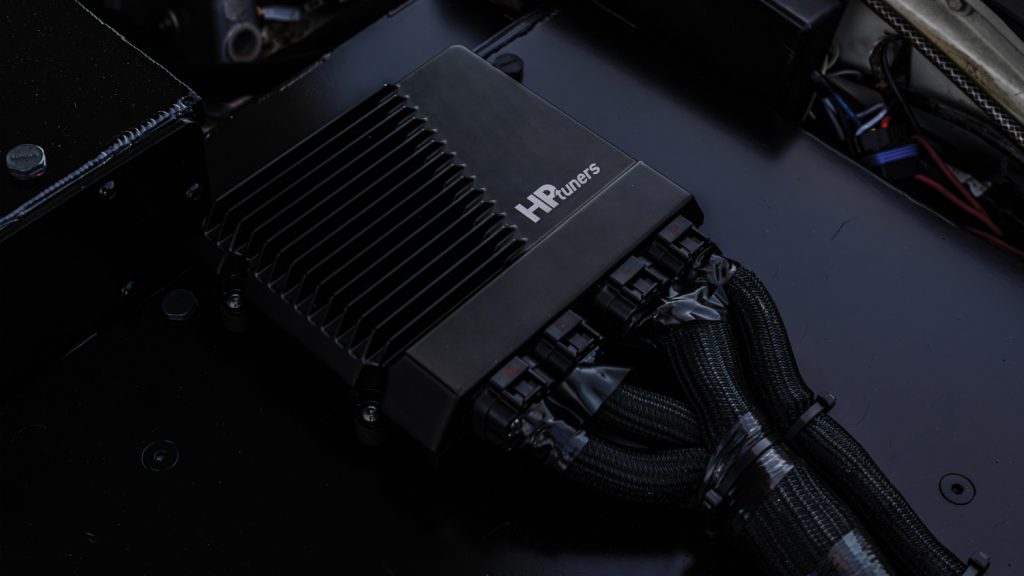EV 101: What is an Electric Vehicle?
Published on: November 5, 2024Categories: Education

In recent years, electric vehicles (EVs) have transitioned from niche products to mainstream transportation options. With advancements in battery technology and electric powertrains, EVs are quickly becoming a go-to solution for both environmental and performance-driven drivers. But what exactly makes an electric vehicle tick, and how do they differ from traditional gasoline-powered cars?
Key Points:
– What is an Electric Vehicle?
– How Do Electric Vehicles Work?
– What are the Benefits of EVs?
– Challenges of Electric Vehicles
– What Does the Future Hold for EVs?
What is an Electric Vehicle?
An electric vehicle (EV) is powered by electricity rather than gasoline or diesel. Instead of an internal combustion engine (ICE), EVs use an electric motor, which draws power from a large rechargeable battery pack. There are two main types of EVs:
- Battery Electric Vehicles (BEVs): Fully electric vehicles powered exclusively by batteries.
- Plug-in Hybrid Electric Vehicles (PHEVs): These vehicles have both an electric motor and a traditional ICE, allowing them to switch between electric and gasoline power.

How Do Electric Vehicles Work?
At the heart of an EV is the battery. This battery stores electrical energy, which is then converted into mechanical power by the electric motor. Here’s a basic breakdown of how the main components of an EV work together:
- Battery – The battery stores electrical energy, which is the sole power source for the vehicle’s motor. The most common type of EV battery is a lithium-ion battery, known for its high energy density and longevity. The battery’s capacity directly impacts the vehicle’s range and performance.
- Battery Management System (BMS) – The BMS manages the health and safety of the battery. It monitors the battery’s state of charge (SOC), temperature, and voltage to ensure efficient energy use and prevent overcharging or deep discharging, which can damage the battery. It controls how the battery charges, distributing energy to ensure balanced cell performance and prolonging the overall battery life.
- Inverter – The inverter is responsible for converting the battery’s direct current (DC) into alternating current (AC) that powers the electric motor.
- Electric Motor – The electric motor is the “engine” of the EV. It uses electrical energy to create motion by generating torque that turns the wheels. Electric motors can deliver nearly instant torque, meaning EVs often have rapid acceleration from a complete stop.
- Vehicle Control Unit (VCU) – Acting as the brain of the EV, the VCU manages communication between the battery, motor, and other systems like the Battery Management System (BMS). It ensures the vehicle runs efficiently, safely, and optimally at all times.

What are the Benefits of EVs?
EVs offer several advantages over traditional ICE vehicles:
- Lower Emissions: EVs produce zero tailpipe emissions, making them environmentally friendly. This reduction in emissions can help combat climate change and improve air quality.
- Cheaper to Operate: With fewer moving parts and no need for gasoline, EVs are often cheaper to maintain and operate than ICE vehicles. Charging an EV at home is typically much less expensive than filling up at a gas station.
- Performance: EVs deliver instant torque, providing quick and smooth acceleration. Additionally, they often require fewer gear changes or can operate with a single-speed transmission, simplifying the driving experience.
Challenges of Electric Vehicles
Despite the growing popularity of EVs, they come with a few challenges:
- Range: One of the biggest concerns for EV drivers is the vehicle’s range, or how far it can travel on a single charge. While EV ranges are improving, they still fall short of traditional gasoline vehicles.
- Charging Infrastructure: Access to fast, reliable charging stations is still limited in many areas. Drivers may need to plan their routes carefully, especially on long trips.
- Battery Longevity and Recycling: Batteries degrade over time, reducing the vehicle’s range. Additionally, the disposal and recycling of used EV batteries present an environmental challenge.

What Does the Future Hold for EVs?
The EV industry is growing rapidly, with major investments in battery technology, infrastructure, and vehicle efficiency. As charging networks expand and battery technology advances, EVs are expected to become the standard for transportation. Manufacturers are developing vehicles with longer ranges, faster charging, and even more impressive performance.
At the same time, EV conversions—transforming traditional gasoline vehicles into electric-powered machines—are gaining popularity among enthusiasts. With options like the CORE EV from HP Tuners, drivers can take their ICE vehicles into the future with electric power and the latest in vehicle control technology.

